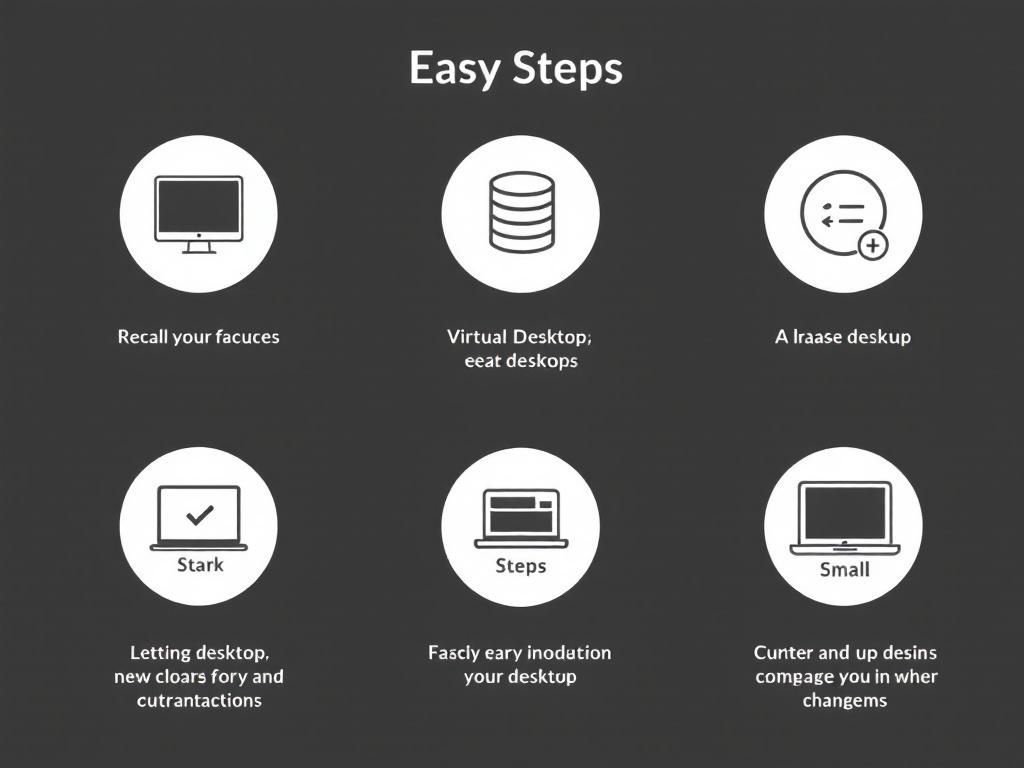Revolutionize IT with AI-Powered Service Management
Discover how AI can transform IT service management, streamline operations, and enhance user experience in your organization.

The integration of artificial intelligence (AI) into IT service management (ITSM) is transforming the way organizations manage their technology services. IT teams are under constant pressure to deliver high-quality services while also controlling costs and improving efficiency. AI-powered service management solutions are not just a trend; they are a necessity for businesses looking to stay competitive in a rapidly evolving digital landscape.
Table of Contents
Understanding AI in IT Service Management
AI refers to the simulation of human intelligence in machines that are programmed to think like humans and mimic their actions. In the context of ITSM, AI can analyze vast amounts of data, automate repetitive tasks, and provide insights that enhance decision-making processes. Key components of AI in ITSM include:
- Machine Learning: Algorithms that learn from data to improve over time.
- Natural Language Processing (NLP): The ability of AI to understand and respond to human language.
- Automation: Streamlining processes to reduce human intervention.
The Benefits of AI-Powered Service Management
Implementing AI in ITSM offers numerous benefits that can enhance both the efficiency of IT operations and the overall user experience. Some of these benefits include:
1. Improved Incident Management
AI can significantly speed up the incident response process. Through predictive analytics, AI can identify potential issues before they escalate, allowing IT teams to be proactive rather than reactive.
2. Enhanced User Experience
With AI chatbots, end-users can receive immediate assistance for their queries 24/7. AI-driven tools can facilitate better communication between IT teams and users, leading to higher satisfaction rates.
3. Cost Reduction
By automating routine tasks, organizations can minimize operational costs and redirect human resources to more strategic initiatives.
4. Data-Driven Insights
AI analytics can provide valuable insights into service performance and user behavior, enabling IT teams to make informed decisions and improve service delivery.
Key AI Technologies in ITSM
| Technology | Description |
|---|---|
| Chatbots | AI tools designed to engage with users and provide support through conversation. |
| Predictive Analytics | Tools that analyze historical data to predict future incidents and trends. |
| Automated Workflows | Systems that automate repetitive tasks to streamline operations. |
| Sentiment Analysis | AI techniques that assess user sentiment from communications to improve service. |
Implementing AI in Your ITSM Strategy
To successfully integrate AI into your ITSM strategy, consider the following steps:
- Assess Current Needs: Understand the specific pain points and areas of improvement within your current ITSM processes.
- Choose the Right Tools: Select AI tools that align with your business goals and ITSM requirements.
- Train Your Team: Provide adequate training to ensure your team can effectively utilize AI tools.
- Monitor and Adjust: Continuously evaluate the performance of AI tools and make necessary adjustments to optimize results.
Challenges of AI in ITSM
While AI offers significant advantages, several challenges must be addressed to leverage its full potential in ITSM:
1. Data Quality
AI systems depend on high-quality data to function effectively. Poor data can result in inaccurate insights and decisions.
2. Change Management
Integrating AI into existing workflows requires careful change management to ensure user adoption and minimize disruptions.
3. Security Concerns
As with any technology, there are potential security risks associated with AI that must be addressed to protect sensitive data.
Future Trends in AI-Powered ITSM
As technology continues to evolve, the future of AI in ITSM will likely include:
- Greater Personalization: AI will leverage user data to create more personalized service experiences.
- Integration with Cloud Services: AI solutions will seamlessly integrate with cloud-based platforms to enhance service capabilities.
- Increased Use of Predictive Maintenance: Organizations will adopt predictive maintenance strategies to reduce downtime and improve service reliability.
Conclusion
The adoption of AI in IT service management is not merely an enhancement; it is a game changer that can drive efficiency, improve user satisfaction, and provide valuable insights. Organizations that embrace AI technology are better positioned to navigate the complexities of modern IT environments. As the landscape continues to evolve, staying informed about AI advancements will be crucial for IT professionals aiming to leverage technology for organizational success.
FAQ
What is AI-powered service management?
AI-powered service management refers to the use of artificial intelligence technologies to enhance and automate IT service management processes, improving efficiency, accuracy, and user experience.
How can AI improve IT service management?
AI can improve IT service management by automating routine tasks, providing predictive analytics for incident management, enhancing decision-making with data insights, and offering personalized user support through virtual assistants.
What are the benefits of using AI in IT service management?
The benefits of using AI in IT service management include reduced operational costs, faster incident resolution times, improved service quality, enhanced user satisfaction, and the ability to scale services more effectively.
Can AI help in predictive maintenance for IT systems?
Yes, AI can analyze historical data to predict potential failures in IT systems, allowing organizations to perform maintenance before issues arise, thus minimizing downtime and improving system reliability.
What role does machine learning play in IT service management?
Machine learning plays a crucial role in IT service management by enabling systems to learn from past incidents, identify patterns, and improve processes over time, thereby enhancing overall service delivery.
How do I implement AI-powered service management in my organization?
To implement AI-powered service management, start by assessing your current processes, selecting appropriate AI tools and technologies, training staff, and gradually integrating AI solutions into your existing IT service management framework.








